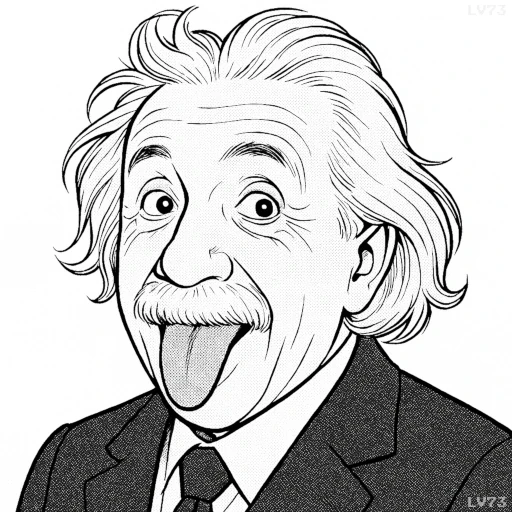“Nothing is more destructive of respect for the government and the law of the land than passing laws which cannot be enforced.”

- March 14, 1879 – April 18, 1955
- German-born Jew
- Physicist
table of contents
Quote
“Nothing is more destructive of respect for the government and the law of the land than passing laws which cannot be enforced.”
Explanation
In this quote, Einstein argues that creating laws that cannot be practically enforced undermines public trust in the legal system. He suggests that when governments pass laws that are difficult or impossible to enforce, it weakens people’s respect for both the government and the legal system, leading to widespread disregard for authority and law. For Einstein, effective governance requires laws that are realistic and enforceable, as people lose faith in institutions when they see rules that are routinely ignored or impossible to uphold.
Historically, this insight has been demonstrated in various contexts where laws that were overly restrictive or unrealistic led to public disobedience and erosion of trust. For example, Prohibition in the United States during the 1920s outlawed alcohol but proved difficult to enforce, leading to an increase in illegal activity and a significant decline in respect for the law. Einstein’s perspective highlights the importance of practicality and integrity in lawmaking, suggesting that laws should be designed with enforceability in mind to maintain credibility and public confidence.
In today’s context, Einstein’s quote is a reminder that legislation should be grounded in realism and enforceability. This insight encourages policymakers to consider the practicality of enforcement when crafting laws, as well as the potential consequences for public trust if laws appear disconnected from reality. By ensuring that laws are both fair and enforceable, governments can maintain respect and support for the legal system, fostering a society where rules are respected rather than disregarded.
Would you like to share your impressions or related stories about this quote in the comments section?



